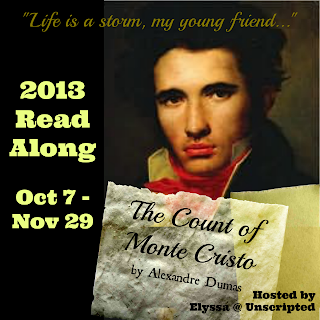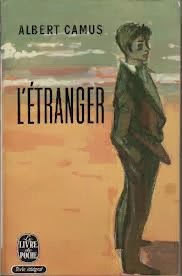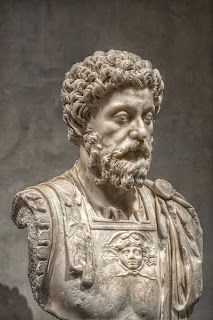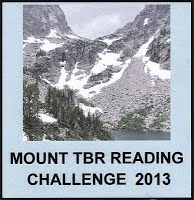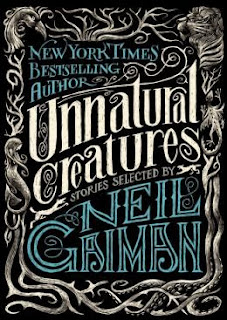All Hallows' Eve
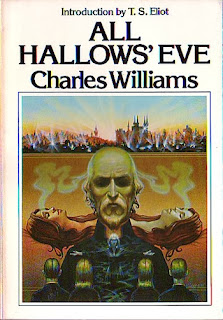
Cover from 1980 edition All Hallows' Eve, by Charles Williams These days, Charles Williams is not terribly well-known, but he was really kind of famous as a writer and unusual historian in his day. He was an editor at Oxford University Press and an Inkling, and C. S. Lewis was one of his greatest admirers. Williams wrote several novels that are just about unlike anything else I've ever read; T. S. Eliot called them supernatural thrillers, but they are not at all what you and I would expect to find if we went looking for supernatural thrillers. Williams' novels feature spiritual elements made manifest in the contemporary world, and concern the misuse of power and the state of the soul. They are intensely Christian, though they rarely mention that word and are, again, nothing like what you would expect from a Christian novel. If you've ever read Lewis' Space Trilogy and were completely baffled by That Hideous Strength , that's the book that Lewis is su

